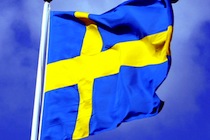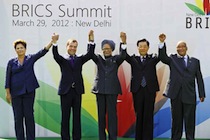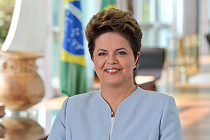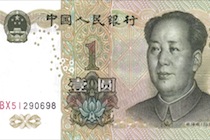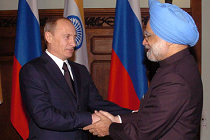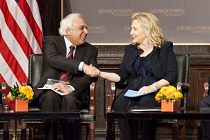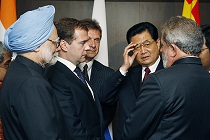Why is Sweden number one?
Few people know that Sweden was severely affected by the 2008 global economic crisis. However, the Swedish government adopted prudent fiscal and monetary policies to overcome the situation. The author discusses the factors that helped Sweden to acquit itself so creditably in the most challenging of circumstances.

